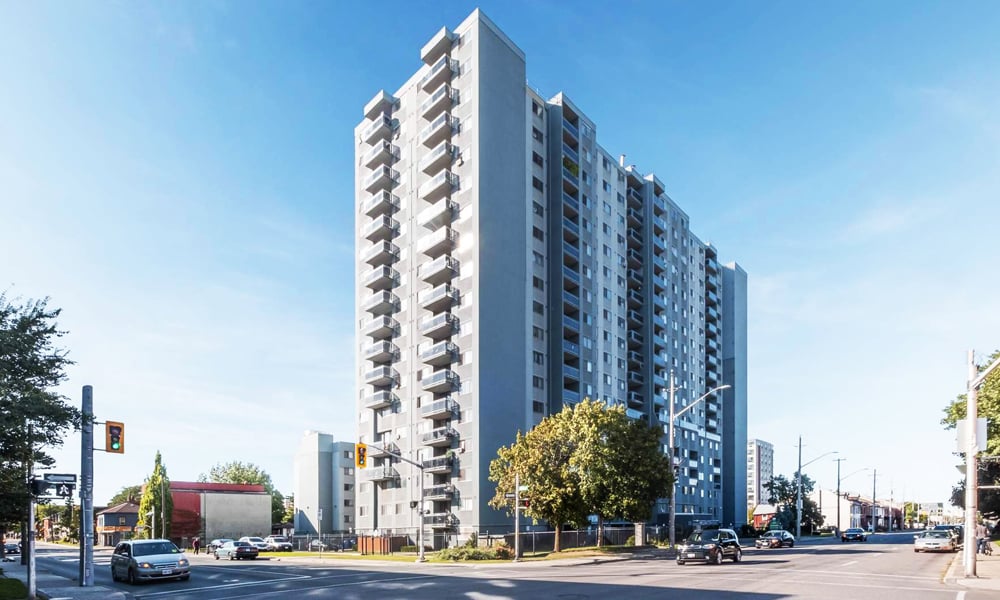New white paper outlines how even in challenging times, private multi-residential real estate has outperformed other asset classes

This article was produced in partnership with Equiton, Inc
Since 2015, Equiton has been in the business of providing access to high-quality private real estate investments to investors across Canada.
Over the past two years, the company has seen its assets under management triple. That growth’s no accident: with a keen understanding of how the industry works, Equiton’s leadership team focuses on value creation opportunities and building a robust portfolio of private real estate assets, including private multi-residential real estate.
Access Equiton’s free-to-download white paper here.
“The stability of the multi-residential sector has become increasingly enticing for investors given current financial market volatility, economic uncertainty, near-full occupancy and significant tenant demand,” said Equiton’s CEO, Jason Roque.
The firm’s recent growth also comes amid a period of unprecedented uncertainty in public markets, and investors are questioning whether the asset classes that have served them well traditionally will continue to do so. But as a new white paper from Equiton shows, private residential real estate has performed well as a source of protection, diversification, and return potential.
Given the current climate in the financial markets and the challenging near-term outlook for global growth, investors should be prepared to accept lower returns from traditional asset classes like equities and fixed income. However, over the past 34 years, private Canadian apartments as an asset class have outperformed Canadian bonds and equities.
During that same period, private Canadian apartments have also shown real long-term durability in performance, as they did not have a single year of negative annual returns over that time. Meanwhile, Canadian bonds, U.S. equities, and Canadian equities had negative returns 12%, 18%, and 29% of the time, respectively. Even during the 2008 financial crisis, the worst year in global investing since the 1930s, private Canadian apartments posted a positive return of over 6%.
Recent geopolitical tensions, continuing supply-chain challenges, and other economic factors are also causing wild gyrations in both stocks and bonds. For investors seeking stability in their portfolios, private Canadian apartments may be a good fit; over the past three decades, the annual returns associated with private Canadian apartments have seen even less volatility than returns from Canadian bonds.
The typical investment portfolio may also get a meaningful dose of diversification with an allocation to private Canadian apartments. Looking at data from 1989 until 2021, the asset class has demonstrated negligible correlation to Canadian bonds and domestic, global, emerging market, and U.S. equities.
The supply-chain issues exposed by the global pandemic, coupled with tensions between Russia and Ukraine, have contributed to decades-high inflation across the world; in Canada, the CPI recently accelerated to 6.7%, its highest level since January 1991. As a real asset, private apartments have normally been able to provide positive annual returns during periods when inflation was over 4%.
From a taxation standpoint, income-seeking investors may also do well to consider private apartment investments. Compared to dividends and interest income, distributions from a private apartment REIT have the potential to be significantly more tax-efficient.
“Private equity provides a separation from the emotional and systematic volatility of public stocks. Going private can provide the stability, diversification and returns an investor’s portfolio needs, especially with the public markets experiencing uncertain times,” said Roque.
For more information and data showing the benefits of exposure to private Canadian apartments, access Equiton’s free-to-download white paper here.



